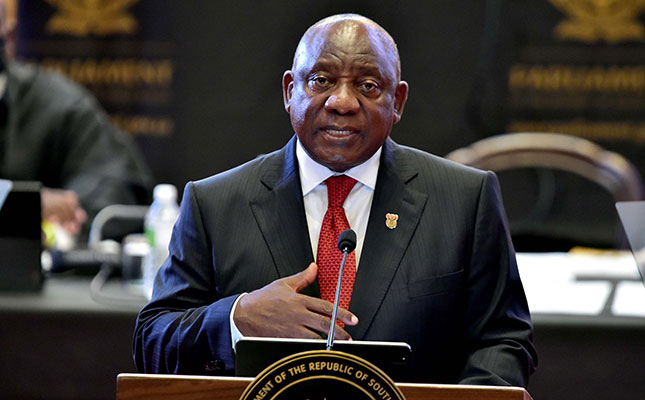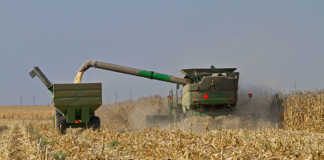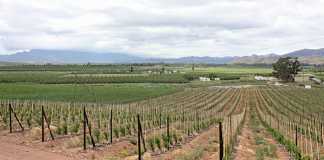
Photo: GCIS
President Cyril Ramaphosa’s State of the Nation Address (SONA 2022), on Thursday, has been met with mixed reactions from stakeholders in the local agriculture sector.
“The question is whether government has the will and ability to implement the proposed actions and reforms,” Theo de Jager, executive director of the Southern African Agri Initiative (SAAI), told Farmer’s Weekly.
READ Low investment in research hampers agri growth
Responding to Ramaphosa’s statement that government was moving ahead with land reform, and was anticipating the finalisation of the Expropriation Bill during the course of the year, he said rhetoric about expropriation without compensation was negatively affecting the economy.
“The expropriation debate has been damaging investor confidence and resulting in investors rather taking their money elsewhere, which is also one of the reasons why [South Africa is] no longer the biggest avocado producer on the continent.”
He added that the only positive aspect of the address was the announcement that government would be streamlining regulatory processes to unlock the hemp and cannabis sectors, which he said would have great potential to benefit both smallholder and commercial farmers, while breathing new life into rural areas, and creating new jobs.
Bennie van Zyl, general manager of TAU SA, said government’s policy environment would impede the economic recovery plans announced in the SONA.
READ How to start farming with R1 million
Ramaphosa also identified agriculture as having the potential to generate large-scale employment, particularly in the citrus, table and dried grape, subtropical fruit, avocado, berry and nuts industries, and said that the master plans for the sugar and poultry industries were already contributing to increased investment, improved production, and transformation.
Van Zyl said, however, that the increase in the national minimum wage would prevent the agriculture sector from unlocking its full employment potential.
Ramaphosa stated in his address that government did not create jobs, but rather that businesses created jobs, adding that government instead needed to create conditions to enable the private sector to thrive.
John Steenhuisen, leader of the DA, said in a statement that this was a considerable departure from the ANC’s past approaches.
READ Complying with SA’s labour laws: Advice from a farmer who is getting it right
“Ramaphosa is entirely correct in this new assessment, but until he walks the walk by significantly reforming labour legislation and downsizing his bloated public sector with its thousands of millionaire managers, that will just remain talk.”
Agbiz chairperson, Francois Strydom shared this view: “We have heard similar notions before, but the focus on energy security through embedded generation, investment in port infrastructure, and the call for third-party operators for rail, show that business’s concerns are being heard at the highest level.”
Ramaphosa also announced the establishment of a unit to reduce bureaucracy and improve the business environment for companies.
The “red tape team” would be tasked with identifying priority reforms for the year ahead, including mechanisms to ensure that government departments paid suppliers within the required 30-day period.
Theo Boshoff, Agbiz CEO, welcomed the commitment to reduce red tape, but said this needed to be followed up with concrete action.
“The sentiment to reduce red tape is overwhelmingly positive, but policy is the purview of various departments and spheres of government. Therefore, the same message and drive must flow from the Presidency into every corner of government and municipalities.”












